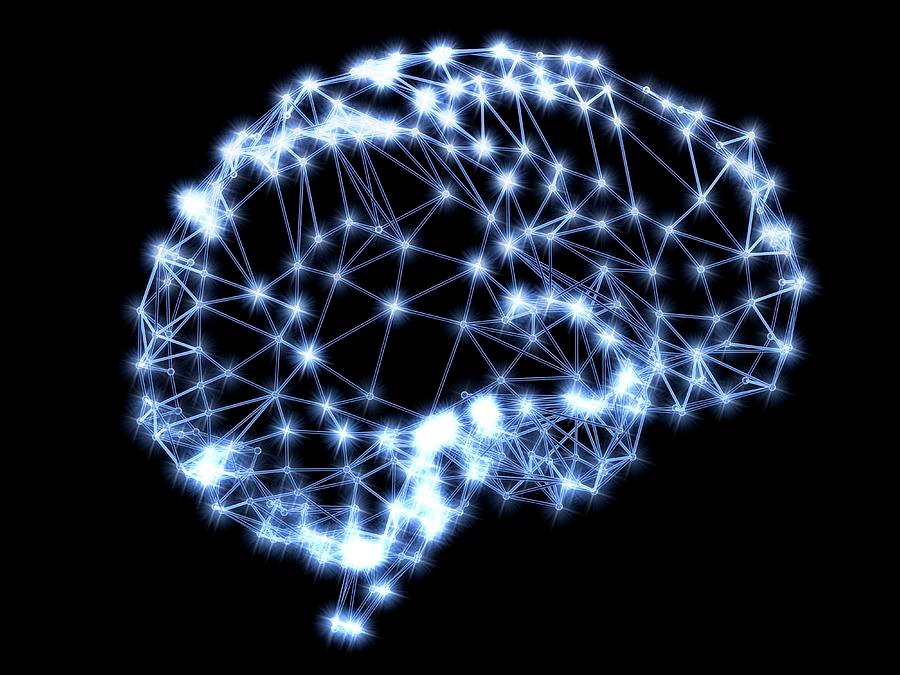

Elon Musk delivered his demo late last week as promised, of Neuralink’s human brain to machine interface
During the webcast, Musk unveiled a pig called Gertrude who now boasts a computer chip in her brain.
In July Musk touted the Neuralink implant would eventually be able to stream music directly into a person’s brain, bypassing the need for earphones (and even ears) altogether.
During the webcast, Musk made clear his demonstration was an effort for Neuralink to hire new scientists to help develop the technology.
Musk said the goal of the project was to “solve important brain and spine problems with a seamlessly implanted device.”
Musk had first revealed his plans to develop a human brain to computer interface back in 2017.
Neuralink is focusing on creating chips that can be implanted in the human brain, with the end goal of enabling people to effectively merge with software and adapt to the advancements in artificial intelligence (AI).
Essentially, the goal is to create brain interfaces to alleviate symptoms of chronic medical and neurological conditions in human beings.
Musk has also previously suggested that the Neuralink chip could also help to cure depression and addiction.
During the webcast Musk said that the reality was that over time almost everyone will develop brain and spine problems in their lifetime. This could be hearing loss, depression, memory loss, blindness, paralysis, seizures, addiction, strokes, brain damage and anxiety.
Musk said that his implantable device can solve these problems because essentially all of the above are electrical signals in the brain that could be ‘corrected’.
But implanting a computer chip into a human brain will need approval the US Food and Drug Administration. Neuralink had applied to launch human trials last year.
Hence Musk unveiled Gertrude the pig, who has been successfully implanted with a Neuralink chip.
“It’s kind of like a Fitbit in your skull with tiny wires,” Musk said.
Gertrude’s brain registered when she was eating for example, as the chip in her brain sent wireless signals, indicating neural activity in her snout when looking for food.
The thinking is that the chip will act as an interface for people with neurological conditions to control phones or computers with their mind.
Nvidia to partner with TSMC, Foxconn, Wistron, Amkor and SPIL to build $500 billion (£377…
American think tank warns about possible threat to US defence, after China imposes rare earth…
China is reportedly pursuing three alleged US NSA operatives, after cyberattacks on Chinese infrastructure
Chip making giant ASML mirrors other equipment makers, and outlines financial impact of Donald Trump's…
AI is transforming cybersecurity, offering faster defence and smarter attacks. Learn how businesses can harness…
Search engine giant being sued for £5 billion ($6.64 billion) damages over allegations for online…